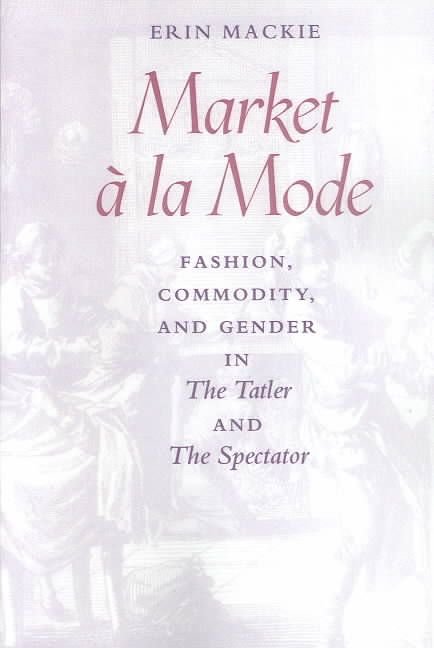Throughout the management literat ure , as elegantly trumpeted by management consultants and gurus, there seems to be a common message: tor a firm to be competitive it must produce quality goods or services. This means that firms, to remain competitive, must at the same time produce at the least cost possible to be price competitive and deli ver high quality products and services. As a result, quality has become strategie overnight, involving all, both in and out of the firm, in the management of its interfaces with clients and the environment. To give quality, suppliers, buyers, operations and marketing managers, as weIl as corporate management must become aware of the mutual relationships and inter-dependencies to which they are subjected, so that they will be able to function as a coherent whole. This involves human relations and people problems, organizational design issues, engineering design options, monitoring and control approaches and, most of all , a managerial philosophy that can integrate, monitor and eontrol the multiple elements which render the firm a viable quality producing and profitable whole. To realize the benefits of quality it is imperative that we design products to be compatible with market needs, market structure, eompetition and, of course, that we are constantly aware and abreast of consumers’ tastes and the manufacturing technologies that are continuously emerging.












